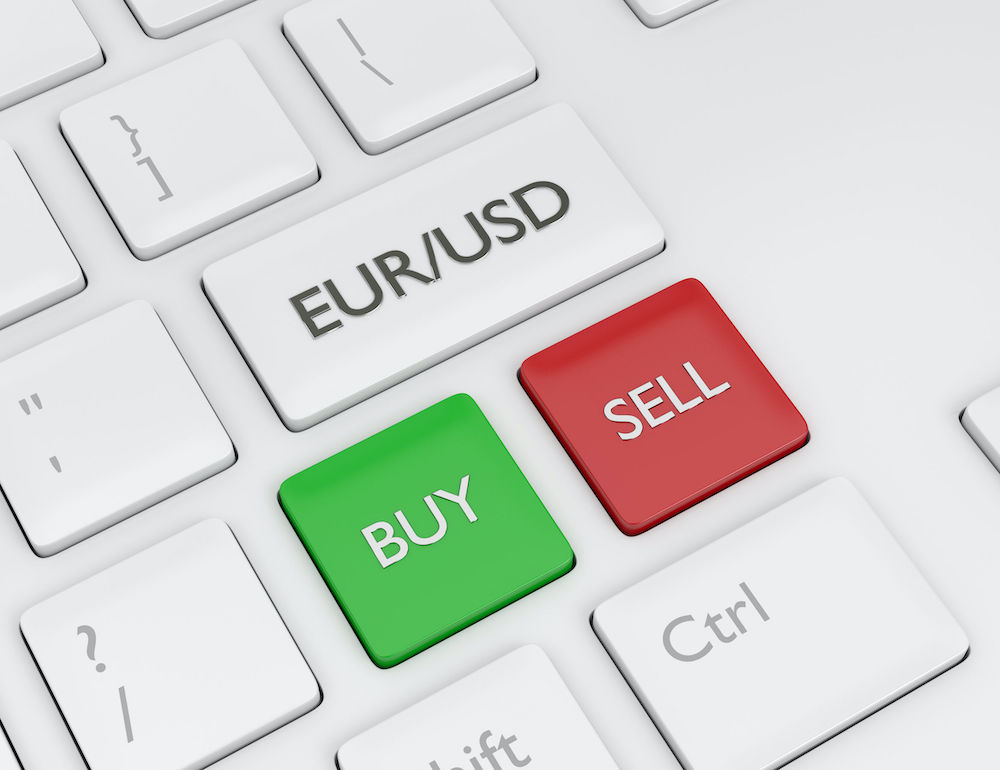
Traders of the US dollar looked set to spend the week expecting significant value dips after the currency took a beating in an increasingly fractious international context.
China and the US have been engaged in a skirmish for well over a year now, and in recent days the battle has taken on a consular dimension.
The two countries have begun to close embassies and similar consular outposts in each other’s countries.
The US, for example, ordered Chinese diplomats in the city of Houston in Texas to leave the Chinese office there.
In response, China has now told American diplomats at its office in the city of Chengdu that they must leave.
The dollar’s problems were also exacerbated by news from the US Congress, where the country’s two main political parties appear to be unable to strike a deal to launch a new stimulus package.
The Republican suggestions for the deal, which is struggling to get bipartisan support, have been approved by President Donald Trump.
The end of July is widely expected to be a major moment for Congress in this regard, as it has to act by then in order to prevent problems for some major strands of aid for the unemployed.
The dollar was down to $1.1699 in its pair with the single European currency, which represented its worst performance in almost two years.
This pair may have been especially influenced by the fact that government leaders across Europe have managed to agree on a continent-wide stimulus package for their countries – something that in the US appears impossible, at least for now.
Against the Japanese yen, it was also down, this time to its worst position in four months or so.
The dollar index, which tracks the currency in comparison to six other leading ones from across the globe, was down to its worst place since 2018.
Other currencies enjoyed something of a resurgence in the markets.
The Australian dollar, which is widely known for moving up when traders are experiencing high risk sentiment, was up to $0.7120 against the dollar.
This was surprising to some market watchers given that Australia has seen a rise in the incidence of coronavirus in recent days.
These developments were also notable for the way that they appeared to buck recent global trends in the movement of the foreign exchange markets.
During the height of the coronavirus pandemic, the dollar has been seen to rise steadily during times of turbulence in the markets – largely because it is perceived to be a liquid currency with easy convertibility into cash.
However, the fact that the world’s riskier currencies have surged this week despite the turbulence could indicate that a change is on the cards.
The US dollar, then, may well be about to lose its status as the world’s latest safe haven.
 Between 74-89% of CFD traders lose
Between 74-89% of CFD traders lose  Your capital is at risk
Your capital is at risk  Your capital is at risk
Your capital is at risk  Your capital is at risk
Your capital is at risk